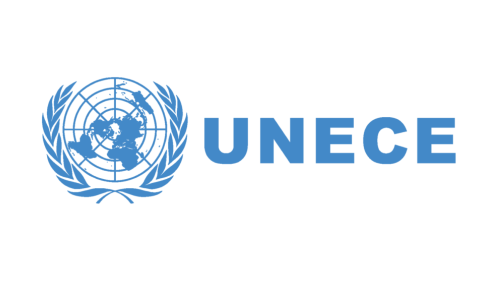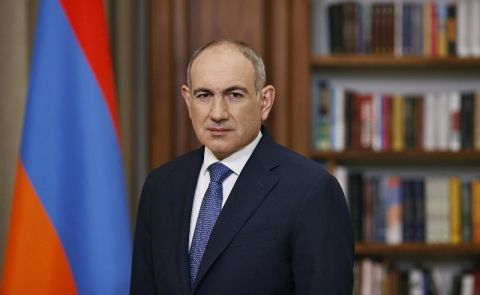
Ararat Mirzoyan Meets Sergey Lavrov in Moscow
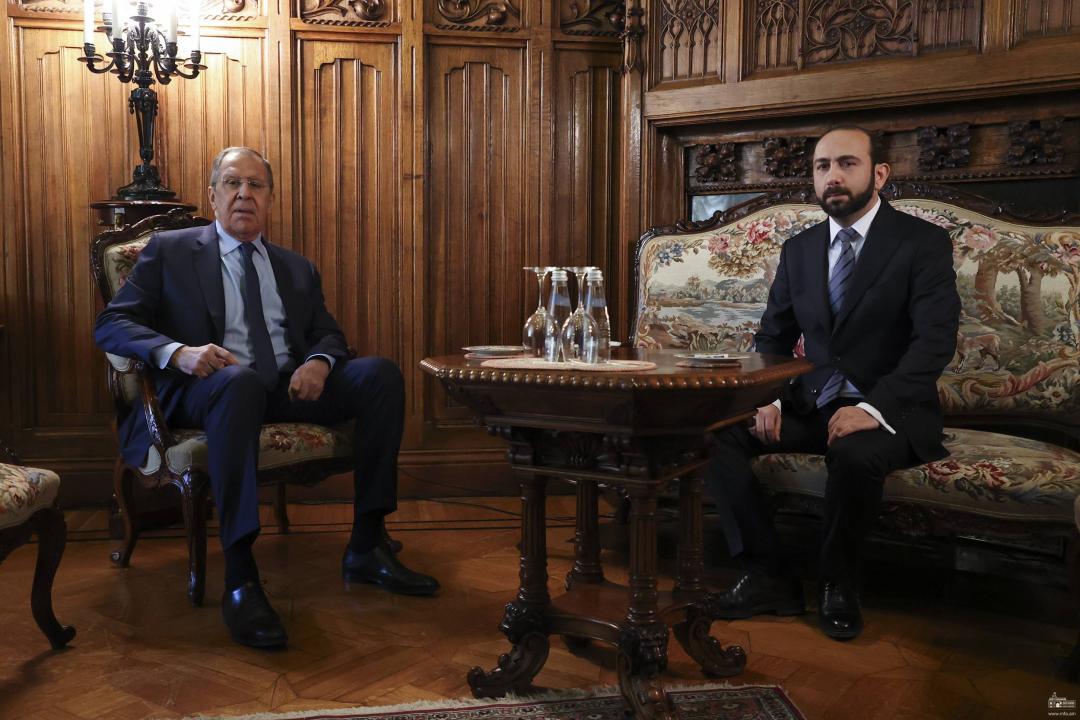
On March 20, Ararat Mirzoyan, the Minister of Foreign Affairs of Armenia, met with Sergey Lavrov, the Minister of Foreign Affairs of Russia, in Moscow, the Press Office of the Armenian Foreign Ministry reported. The meeting started with tête-à-tête, then continued in an expanded format with the participation of two delegations.
The heads of Foreign Ministries discussed various issues on the agenda of the Armenian-Russian allied relations and political dialogue.
"Minister Mirzoyan stressed that Azerbaijan's aggressive policy towards the Nagorno-Karabakh and the sovereign territory of Armenia and the rhetoric at the highest level are aimed at aggravating the situation in the region and preparing the ground for new aggression. In this context, the imperative of condemning these practices, excluding the use of force and the threat of force, and fulfilling all obligations assumed by the trilateral declarations was emphasized," the report added.
"Both sides emphasized the need to restore the regime of the Lachin corridor by the provisions of the Statement of November 9, 2020," it said. "The Foreign Minister of Armenia underlined the need for the effective operation of the Russian peacekeeping forces in Nagorno Karabakh in preventing provocations from the Azerbaijani side, maintaining the ceasefire regime in the area of responsibility of the peacekeepers and ensuring security in Nagorno Karabakh," the information stressed.
Ararat Mirzoyan highlighted the need to launch the relevant international instruments and send an international fact-finding mission to Nagorno Karabakh to prevent Azerbaijan's policy of ethnic cleansing in Nagorno Karabakh.
Following the meeting results, Foreign Minister of Armenia Ararat Mirzoyan and Foreign Minister of Russia Sergey Lavrov held a joint press conference.
Mirzoyan stated, "We have noted that the Armenian-Russian allied relations are at a high level, and the active political dialogue continues. We noted with satisfaction the existing close cooperation between the foreign political departments of our countries, and the two-year program of consultations between the foreign ministries is aimed at further deepening. We also referred to issues related to our cooperation within the CSTO, EAEU, CIS, and other regional and international organizations."
"My visit takes place amid the tense situation in the South Caucasus and, as you know, Azerbaijan's illegal blockade of the Lachin Corridor, which has been ongoing for more than three months. The blocking of the Lachin Corridor by Azerbaijan is the 2020 meeting of the leaders of Armenia, Russia, and Azerbaijan. It is a gross violation of the obligations assumed by the tripartite statement of November 9," he added. "Unfortunately, the blockade of Lachin Corridor is not the only case of violation of tripartite agreements. The killing of three employees of the passport department of the Nagorno-Karabakh Police by the Azerbaijani subversion group on March 5 of this year in the Lachin Corridor was a manifestation of Azerbaijan's aggressive actions. It is important to state that the Ministry of Defense of the Russian Federation clearly stated in its March 6 newsletter that this incident was carried out by Azerbaijan," Mirzoyan said.
Regarding Russian peacekeepers in the region, the diplomat stressed: "The deployment of Russian peacekeeping forces in Nagorno-Karabakh is aimed at ensuring the safety of the people of Nagorno-Karabakh and creating conditions for the restoration of normal life. At the same time, the series of events that have taken place over the past two years, such as the occupation of Nagorno Karabakh villages, the abduction of Armenian prisoners of war and other persons by Azerbaijan, the illegal blocking of the Lachin Corridor, the killing of police officers and civilians, the systematic violations of the ceasefire regime, as well as also actions aimed at intimidation of the civilian population."
Sergey Lavrov said Western attempts to quarrel between Armenia and Russia are doomed to failure. "We see undisguised attempts by Western countries to quarrel Russia and Armenia, to undermine the regional security architecture, thinking and caring at the same time not about the interests of the countries located here, but about their own geopolitical selfish interests," Lavrov said. The head of Russian diplomacy expressed confidence that such attempts are doomed to failure. He called the negotiations that took place very intense. According to him, at the meeting with Mirzoyan, the entire spectrum of bilateral relations was discussed, regional and international problems were touched upon, and ways of further development of the strategic partnership between Moscow and Yerevan were outlined. Key attention was paid to economic interaction, the exchange of business missions, and other projects. Lavrov noted that he also discussed with his colleague the implementation of the North-South transport corridor with the participation of Armenia.
Also, Lavrov added that trilateral statements by Russia, Armenia, and Azerbaijan leaders remain the key to resolving the situation in the South Caucasus. The head of Russian diplomacy noted the rich nature of the meeting, adding that special attention would be paid to security issues, as well as the situation around the Lachin corridor. Lavrov called the agreements of the three countries' leaders dated November 9, 2020, January 11, November 26, 2021, and October 31, 2022, the basis for the implementation of all decisions to ensure stability in the region. "We are talking about the economic, as well as the military-political, international, and legal spheres. Russia, for its part, is ready, by the tripartite statements, to assist both in unblocking transport communications and agreeing on the parameters of a peace treaty between Yerevan and Baku," Lavrov stressed.
Furthermore, Foreign Minister Sergey Lavrov said that Moscow supports the position expressed by Armenian Prime Minister Nikol Pashinyan that issues of ensuring the security and rights of the residents of Nagorno-Karabakh should be resolved between representatives of Stepanakert [Khankendi in Azerbaijani] and Baku. "Certainly, it is important for us to understand how high-quality these agreements will be. If you want to know my opinion, then there are examples of very recent history. The same was discussed in the Minsk Agreements about what rights the inhabitants of the eastern part of Ukraine should have. The right to their native language, the right to teach children in this language, to live and work using this language, to preserve their culture and religion, to have the opportunity for local self-government, and to have some special ties with their compatriots. In the case of Donbas, it was Russia," Lavrov recalled. According to him, the rights relating to language, local self-government, education, and culture were also provided for in the agreement signed ten years ago between Pristina and Belgrade. The head of the Russian Foreign Ministry believes that approximately the same set of rights will be necessary for the people of Karabakh in the light of the recent confirmation by the leaders of Armenia and Azerbaijan of the commitment of these countries to the provisions of the Alma-Ata Declaration of 1991, which fixed the administrative borders between the former republics of the USSR as state ones. Lavrov is sure that it is not all that difficult to do. "Everything depends on how decently behave those on whom the implementation of the agreements reached will depend. In the case of Donbas, there can be no talk of any decency," the minister stressed.
See Also

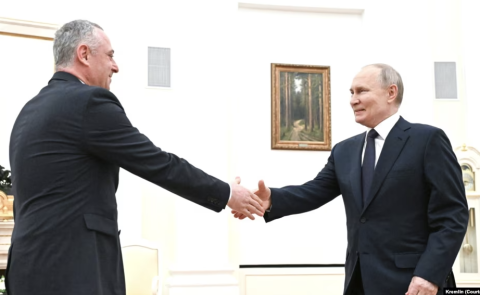
Abkhazia’s Separatist Leader Discusses Relations with Russia

CoE Commissioner Addresses the Georgian Government
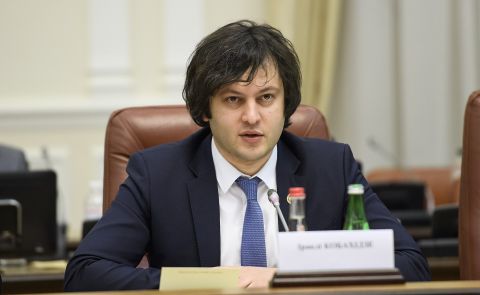
Kobakhidze Announces Plans to File Lawsuit to Ban the "Collective National Movement"
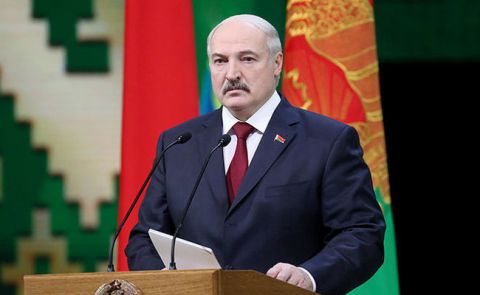
Belarus Affirms It Has Never Been an Adversary to Georgia
